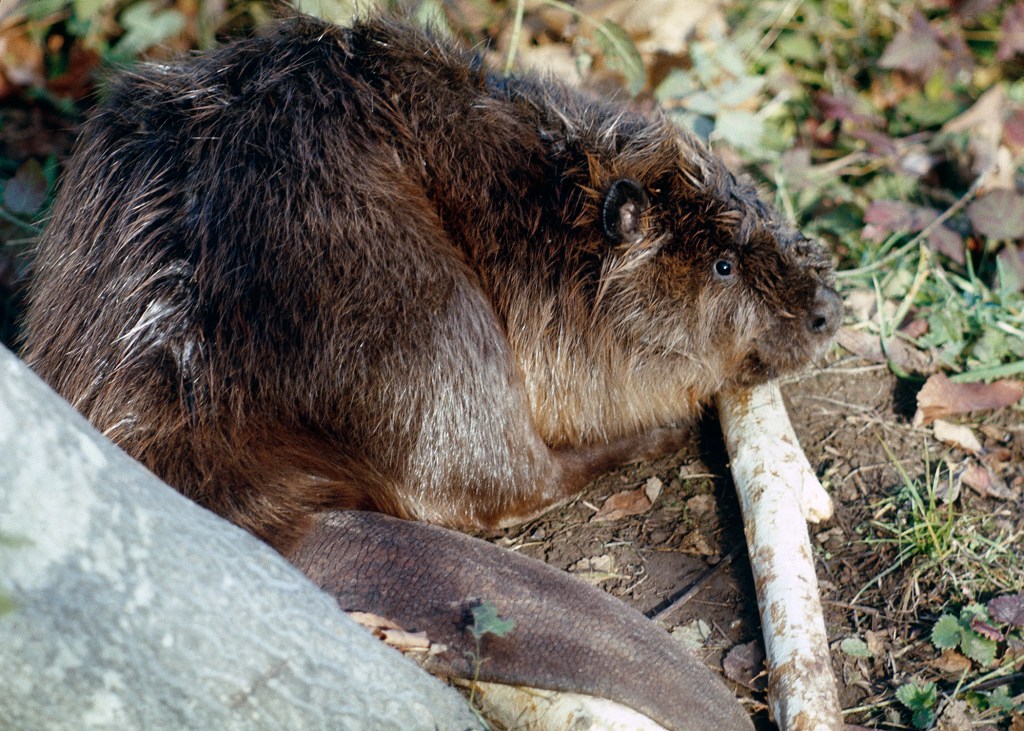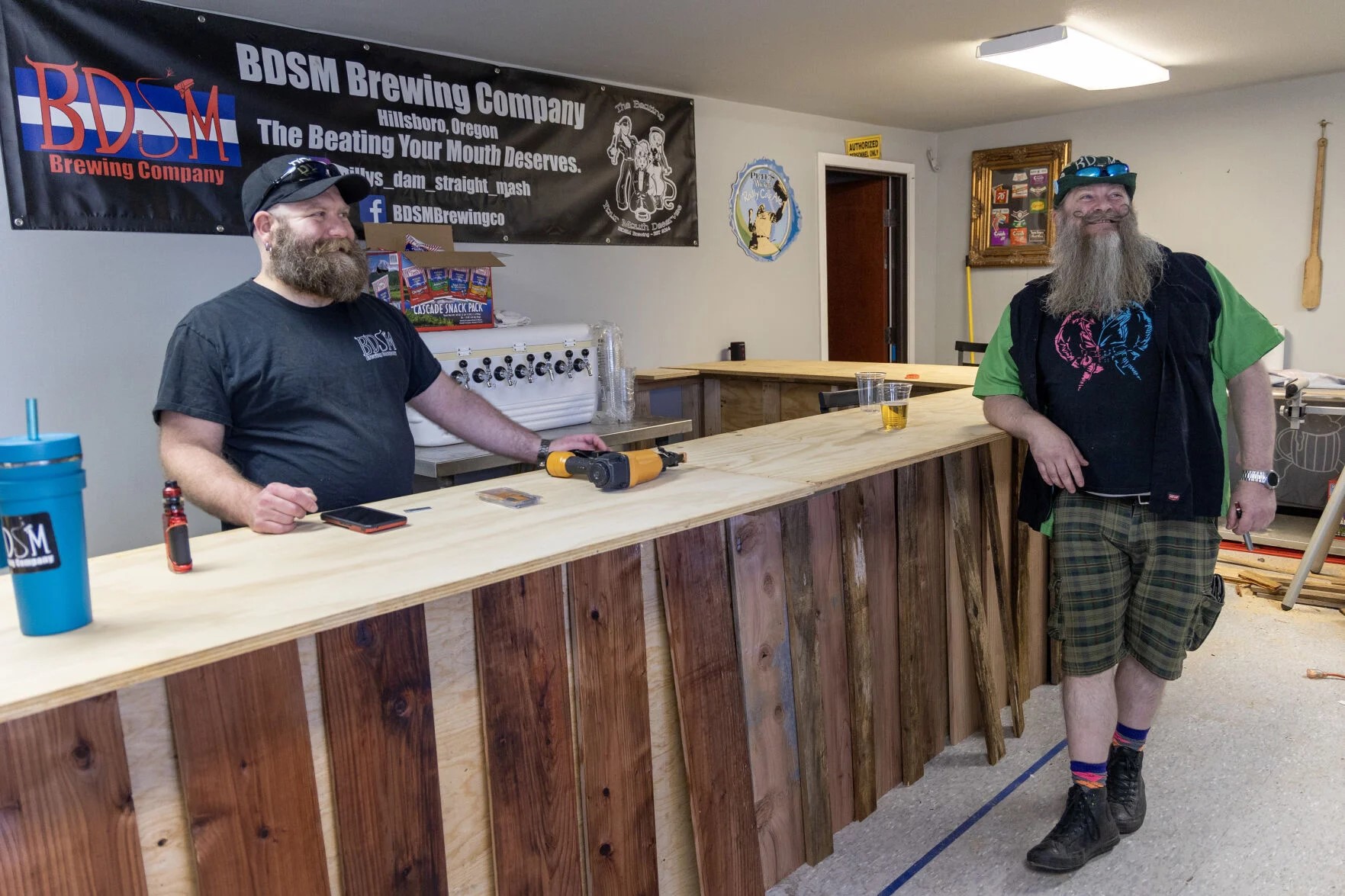OPINION: Oppose the House Bill 3932 beaver bill
Published 6:44 am Tuesday, May 6, 2025

- Columnist Keith Daellenbach writes that Oregon House Bill 3932 is misguided in its efforts to preserve Oregon's beaver population. (Courtesy photo/Oregon Department of Fish & Wildlife)
As a lifelong conservationist, I hope you will join me in opposing Oregon House Bill 3932, “Relating to protecting beavers” and urge Oregon Senators and Gov. Tina Kotek to vote no on HB 3932.
This bill is an overreach by misinformed Legislative sponsors, the fourth such effort in five years, according to the Oregon Department of Fish and Wildlife, to limit existing wildlife conservation tools, specifically trapping beavers, and more broadly to eventually ban all trapping in Oregon.
Unsurprisingly, over 80% of the nearly two dozen Legislative sponsors live in urban districts that largely do not support sufficient habitat for healthy beaver populations. These urban Legislators are largely out of touch with the realities of wild ecosystems found in rural areas. It is yet another sad manifestation of the deep urban-rural divide that no Oregon politician in recent memory has effectively bridged except, perhaps, senior U.S. Sen. Ron Wyden.
Why would the state of Oregon knowingly deny decades of credible science from ODFW that show “available data indicate it (trapping and other forms of harvest) is not limiting beaver abundance”, according to testimony ODFW provided the House Committee on Climate, Energy, and Environment, and, furthermore, countermand Oregon Statute ORS 496.012, the wildlife policy of the state of Oregon, to “maintain all species of wildlife at optimum levels”?
Make no mistake, HB 3932 seeks to end beaver trapping in Oregon and wipe out an effective management tool and a part of Oregon’s cultural heritage forever.
Trapping is a proven effective wildlife management tool. I know this firsthand, because in my youth, as a third-generation trapper, I trapped beaver growing up in rural Benton County. I saw firsthand the effective application of trapping to control furbearing animal overpopulation, including beaver, in excess of the habitat’s carrying capacity which sadly leads to pathetically diseased, starving and suffering animals, not to mention depredation of nearby agricultural crops. The reality is stopping trapping would have the perverse and unintended biological consequence of actually harming healthy beaver populations.
Please take time to familiarize yourself with already existing and extensive beaver trapping rules found in the Oregon Furbearer Trapping and Hunting Regulations. Licensed trappers willingly follow these science-based rules of quantifiable, geographic harvest reporting for, at their core, they promote healthy ecosystems.
A special class of furbearer trapping rules apply to beaver to ensure trappers work directly with local ODFW biologists in sensitive areas such as salmon-rearing rivers. These regulations use modern science-based, wildlife management principles and they work. They have promoted and helped maintain a healthy ecosystem in rural Oregon for nearly three decades and form the scientific backbone of a successful, cooperative conservation best practice.
I regularly canoe over a dozen rivers between the north Oregon coast and the Willamette Valley. Beaver are absolutely everywhere in abundance! Many of these rivers on public lands could be capriciously deemed “impaired” and, therefore, off limits to beaver trapping by the Department of Environmental Quality, staffed by well-meaning lawyers but ill-prepared, when it comes to directing conservation efforts, as compared to the professional wildlife biologists found at ODFW.
Furthermore, it is the Oregon citizen trappers who pay for trapping licenses which directly funds much of the actual conservation of the American beaver to which all Oregonians, both rural and urban, can enjoy as our state’s designated animal.
Now, as an adult and an urban dweller myself, this is something I see my fellow urban neighbors forget or are otherwise unaware of. Outside of hunters, anglers and trappers, the license fees of which make up one-third or about $200 million of ODFW’s biennial budget, what other citizen group directly supports conservation in Oregon with regular funding; answer: none. HB 3932 would diminish this conservation revenue stream.
I am a licensed professional engineer in the state of Oregon and science provides the underpinning of all I do in my career as a mechanical engineer. Please do not be a science denier and replace an effective conservation tool providing a useful revenue stream with a convoluted, bureaucratic and unworkable new law promoting government overreach that will break the imperative of a working conservation system for healthy beaver populations. Vote no on HB 3239.
Keith Daellenbach is a Northeast Portland resident.





